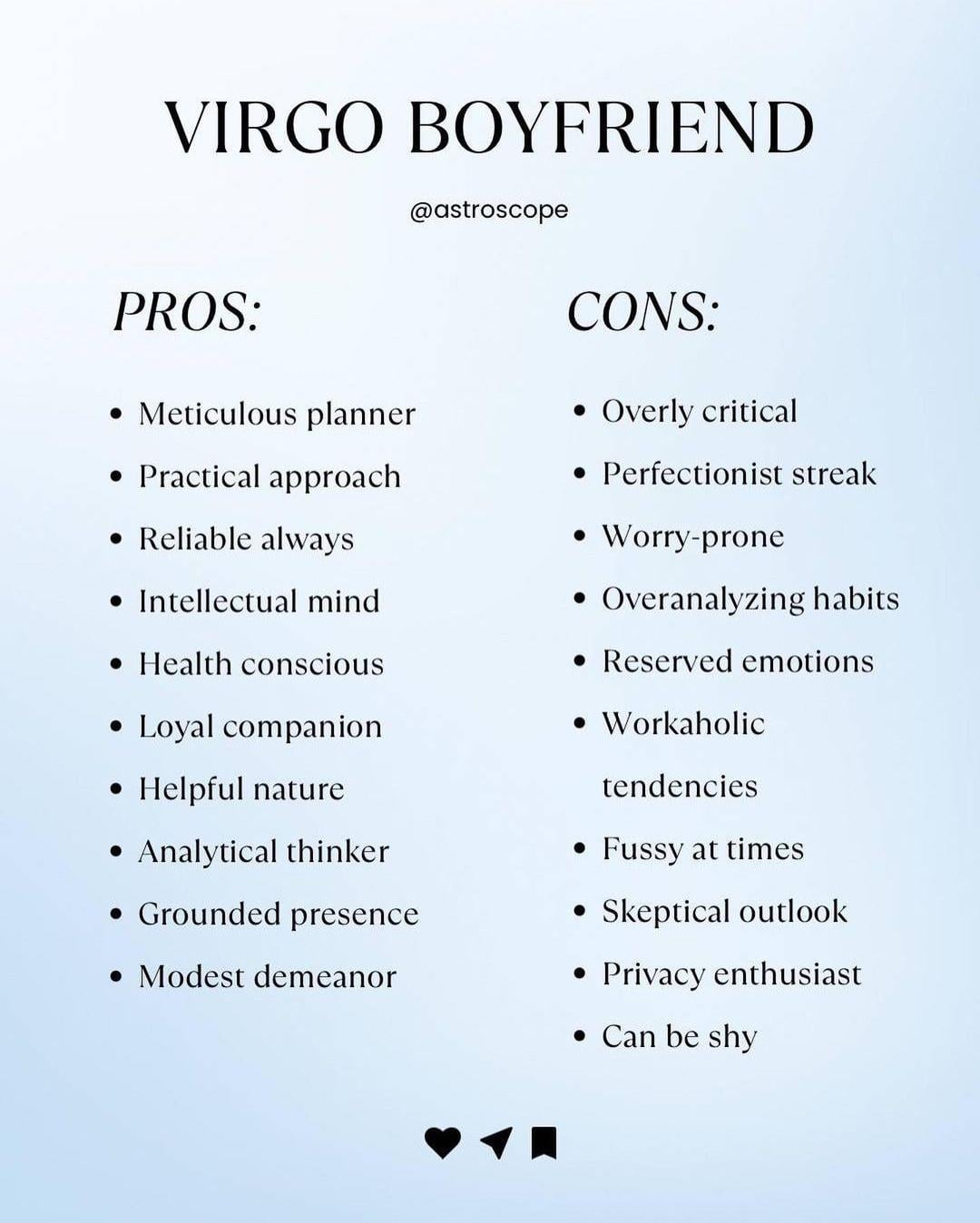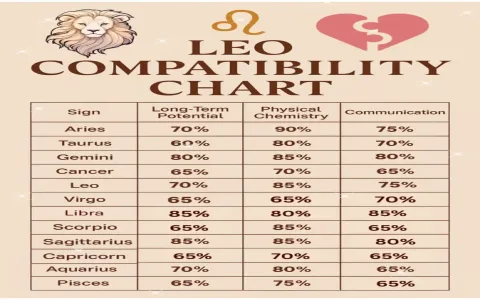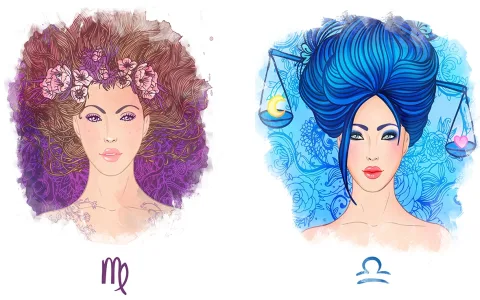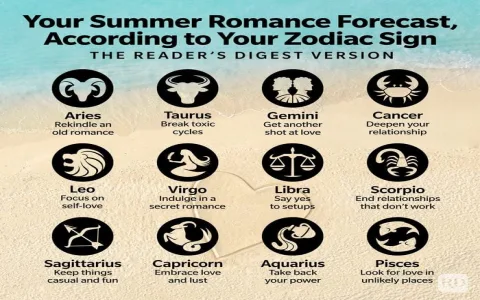I stumbled into this whole Venus in Virgo situation completely by accident. Honestly, I was a mess at the time. My life had just imploded—a six-year relationship went up in smoke, and I had just walked away from a job that was sucking the life out of me. I was living in temporary housing, constantly forgetting where I parked, and eating takeout three times a day. Total chaos.
Then I met V. He was the opposite of chaos. He was stability personified. He had a meticulously organized apartment, knew exactly where his keys were every morning, and always paid his bills three days early. I thought, “Okay, this is what I need. Structure. A rock.”
For the first few months, it was great. He was attentive, reliable, and sweet—but in a quiet way. I actually thought I had cracked the code. I was coasting, assuming my usual relationship methods (big gestures, lots of emotional drama, talking things out for hours) would work.

Man, was I wrong.
The honeymoon phase ended when his natural inclination toward precision collided head-on with my disorganized existence. It wasn’t malicious; it was just how his brain worked. I started seeing the signs when he would quietly reorganize the condiments in my fridge after a visit, or subtly correct my grammar in casual texts. I tried to ignore it, but the tension was building.
The turning point—the point where the “practice” officially started—was about six months in. I tried to do something really romantic for his birthday. I spent all day setting up this elaborate scavenger hunt through the city, which, admittedly, was poorly organized. I misspelled two clues and the final location clue sent him to the wrong bus stop. When he finally showed up, sweaty and frustrated, he didn’t hug me. He didn’t kiss me. He just looked at me and said, “We need to talk about the inefficiency of that route map.”
I snapped. I absolutely lost it. I accused him of being heartless, of not caring about my effort, and generally just being a cold fish. I packed a bag and left, fully convinced he was impossible to date. I stayed at a friend’s house for a week, and I spent that entire time stewing, but also analyzing. I realized I was facing a choice: either accept that I had wasted six months on a robot, or figure out why he reacted the way he did and change my approach.
I chose the latter. I started digging deep into relationship dynamics tied to this specific archetype. My personal practice log began that week, focusing on reversing the three major mistakes I kept making.
The Practice: Identifying and Eliminating Relationship Mistake #1
Mistake 1: Bringing abstract emotional baggage into every discussion. I used to communicate by venting. I’d call him and say, “I feel overwhelmed, and everything is terrible,” expecting him to dive into the emotional mud pit with me. He would respond with silence or confusingly logical questions. This always made me feel dismissed.
The fix, the actual practice I forced myself to implement, was
structured communication.
If I had a problem, I had to frame it as an agenda item with actionable steps. Instead of saying, “I feel unsupported,” I learned to say, “I need help with chore X and I need it done by Friday.” When I started delivering clear, concise, actionable requests, he moved heaven and earth to help. He wasn’t emotionally stunted; he just didn’t process nebulous feelings—he processed tasks.
The Practice: Identifying and Eliminating Relationship Mistake #2
Mistake 2: Taking every critique personally and letting my ego get bruised. As soon as V pointed out an error in my planning or execution, I would immediately shut down and assume he thought I was incapable. This led to unnecessary defensive fights.
My practice here was based on detachment. Every time he offered a critique—whether it was about how I filed taxes or loaded the dishwasher—I forced myself to ask a clarifying question before reacting: “Is this about my character, or is this about improving the process?” Every single time, the answer was about the process. He wasn’t judging me; he was just attempting to optimize the system. Once I implemented this mental filter, I stopped seeing him as an adversary and started seeing him as a meticulous collaborator.
The Practice: Identifying and Eliminating Relationship Mistake #3
Mistake 3: Trying to force grand, messy romantic gestures and public fanfare. My natural impulse was to show affection with flash—loud praise, expensive gifts, and surprise parties. He always seemed awkward and uncomfortable during these moments.
The successful practice involved switching from ‘flash’ to ‘service.’ I realized their version of love is deep, quiet, and practical. I stopped buying expensive, frivolous things. Instead, I started anticipating his practical needs. I made sure his work uniforms were ironed perfectly and laid out for the week. I secretly deep-cleaned his oven, something he’d been putting off. When I shifted my focus to demonstrating tangible competence and care—doing things that genuinely made his life easier and more ordered—that was when I received the deepest, most genuine signs of affection back. It wasn’t a poem or a bouquet; it was a simple, “Thank you, that made my week manageable.” That small recognition meant more than all the noisy gestures combined.
The whole experience forced me to grow up a little, honestly. It wasn’t about changing him; it was about changing my communication and my definition of romance. By diligently implementing these three practices, I didn’t just manage to keep the relationship afloat after that disaster scavenger hunt; I cemented it. If you’re dating a Venus in Virgo, stop trying to use emotions as leverage. Be precise, be practical, and let go of the ego. That’s the only way this thing works, trust me, I earned this lesson the hard way.







